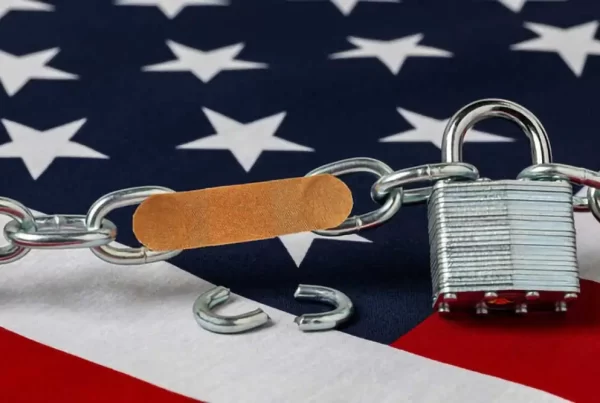1. Make sure your taxes are filed correctly. Consult a qualified and informed tax professional. Married couples should not be filing as Single or Head of Household. Married Filing Joint or Married Filing Separately are both fine.
2. Start saving joint documents such as leases, utility bills, insurance policies, credit card bills and checking account statements. If you and your spouse do not have many joint documents, start adding one another to accounts now.
3. Start saving money for the psychological hardship evaluation that the qualifying relative will need to have performed by a mental health professional. It is time consuming, and unfortunately not cheap, but is the psychological hardship evaluation is an invaluable part of the overall waiver.
4. Gather medical records and doctor’s letters to document past and present medical conditions of you, the qualifying relative and your children.
5. Make a list of friends and family members who you think might be willing to submit a hardship affidavit on your behalf.
6. If children are involved, start gathering school records such as progress reports, award certificates and report cards.
7. Start writing your own hardship affidavit and ask the qualifying relative to start writing his or hers. Details are important. The affidavits should be heartfelt and emotional. Share special moments and memories that might allow the adjudicating officer to connect with you and your situation. Do not underestimate the power of honesty and humility! This is your opportunity to plead your case.




